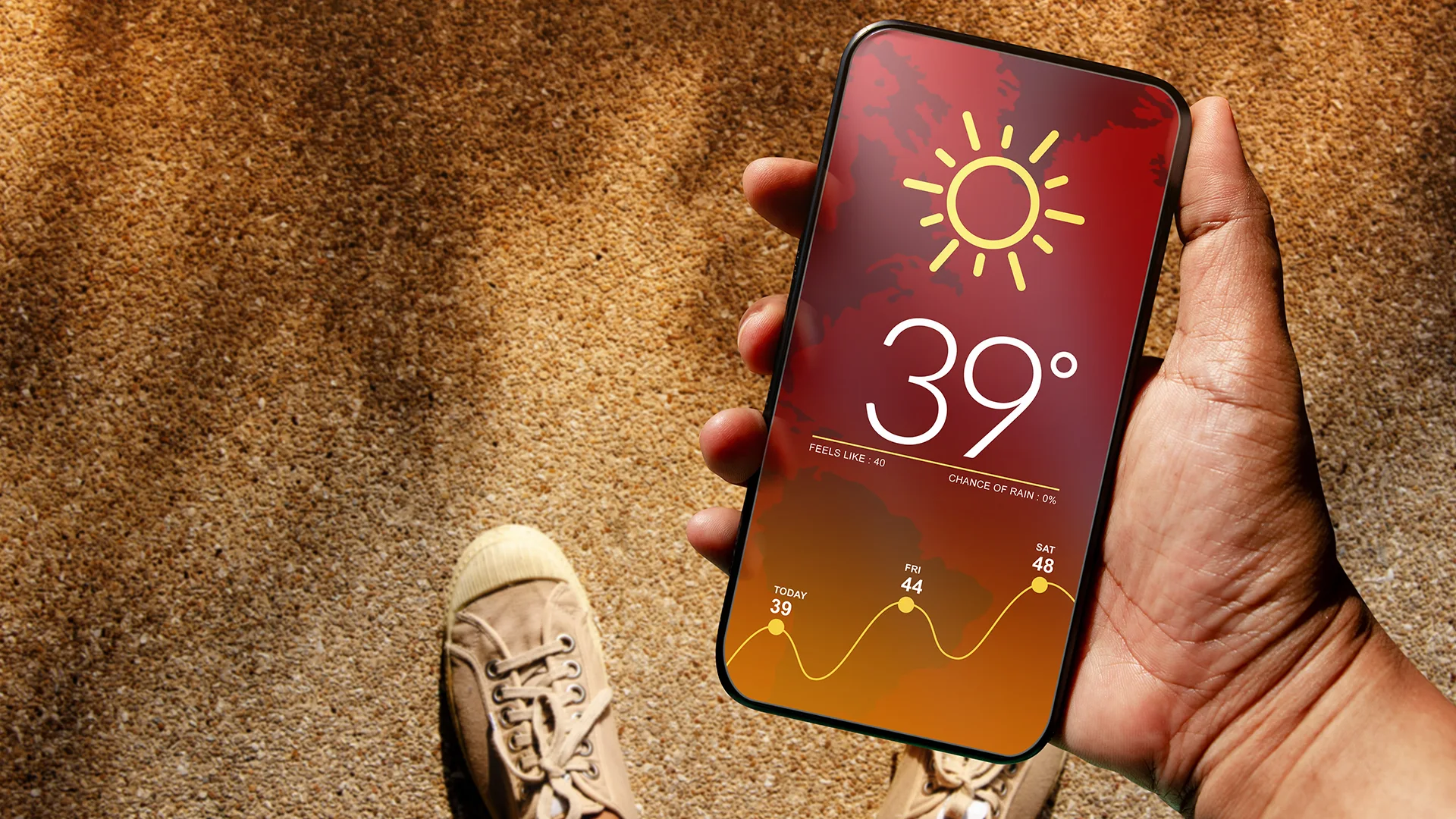
Newsletter Subscribe
Enter your email address below and subscribe to our newsletter

Enter your email address below and subscribe to our newsletter

| Getting your Trinity Audio player ready... |
For most people, a weather forecast means you have to think about whether you’ll have to grab an umbrella for that weekend barbecue.
But what about the farmers, trucking companies, the retailers, event planners, and so on? Crops depend on the elements, as well as deliveries, event planning, and many other things nobody thinks about. Well, we don’t think about it because it’s so heavily integrated into our daily lives. But if it weren’t there, we’d notice. The same way you start viewing the world around you, once there’s a power outage.
For some businesses, weather data goes beyond just ‘useful’. And without an accurate forecast, many projects become risky, with profits at stake.
Nobody wants a business drowning in debt, down a downspout that nobody saw coming.
There are numerous ways in which weather affects the way businesses make decisions. Still, we’ll go over just a few examples, so that you get the idea of what’s out there and how essential weather data actually is.
When a cold snap is on the way, heating demand skyrockets, so they need to be prepared. It’s the same with heatwaves. Renewable power depends on the weather even more directly, because solar farms need clear skies and wind turbines are helpful only when the wind is at the right speed.
Utilities also use forecasts to prepare for storms that can bring down power lines. For them to make decisions, utility companies need more than a TV forecast; they need precise data.
This is why many providers rely on tools such as Visual Crossing’s free weather API, which delivers highly accurate data points for everything weather-related.
After storms, floods, droughts, fires, and earthquakes, claims for damages spike. Weather data is one of the prime factors when calculating risk. This is why insurers can’t afford to react; they need weather forecasts and long-term climate data to model future risks.
This is how they set premiums that reflect the real likelihood of losses.
If there’s a severe storm on the way, they can also prepare in advance for an incoming wave of claims.
Every construction manager worth their salt knows that weather can make or break a project.
Rain and snow can keep all that expensive equipment from operating, pushing deadlines further away. Temperature and moisture are also crucial because concrete needs specific conditions to cure properly.
Just imagine having a massive C6 concrete pour to create a foundation for something like a skyscraper.
If the concrete is too dry (or too wet), it might not bond well. But the site is hit with unexpected rain. Think about it this is supposed to be a foundation that will hold hundreds of thousands of tons from collapsing. If the concrete doesn’t cure properly, cracks will form. The cracks will expand. And ultimately… collapse.
If there were more information to provide accurate weather data, the whole project would be postponed to a later date. This is just one of numerous scenarios where the lack of accurate weather data poses a massive financial and safety risk.
Imagine a massive snowstorm alarm notification pops up on your phone; it’s all over the news. The next thing you know, there are empty shelves in stores. All the primary resources, such as salt, bottled water, batteries, flour, toilet paper (and more) all gone.
Retailers keep a close eye on forecast data to adjust what they stock and where they ship it. A hot summer means more demand for fans and air conditioners. A sudden cold spell means higher sales of coats and heaters. Seasonal demand is obvious, but the real challenge is in short weather swings, which is why not having a forecast is risky.
If you plan events of any kind, you live and die by the forecast.
A single thunderstorm can cancel a huge event you’ve spent months planning. The aftermath is millions in lost revenue and thousands of disappointed fans. And then on top of this, there are also liability issues because nobody wants a headline about a lightning strike at a crowded venue.
Accurate forecasting is essential because it allows organizers to reschedule on time or adjust insurance coverage.
Imagine a huge passenger (or cargo) plane flying in blind at 550 mph. They don’t know what they’re going into. It’d be as if you were given a car on a clear plain. They place a blindfold over your eyes and say, “Good luck!”
Rain, turbulence, storms, temperature, all these factors (and more) are significant for aviation, not just for safety, but also for things such as fuel efficiency. But when you think about it, hey, it’s just a bit of fuel saved, who cares; it’s actually millions saved for the whole aviation industry. Think of all the tourism and travelling, of all the items that are being shipped worldwide all the time; it’s a lot!
Waters are the same. A sudden wind could create massive waves, leading to devastation and lives lost. No one wants to ride the oceans completely blind while being at the mercy of the weather. If you know what’s coming at you, you can prepare (or avoid) and avoid disaster.
When you think about small talk with your neighbor, a common line is, “How’s the weather?”. And it’s really ironic how this seemingly unimportant sentence has a colossal impact on the world around us and how it operates.
There are entire industries out there that treat weather like one of the most important factors in their business because it is.